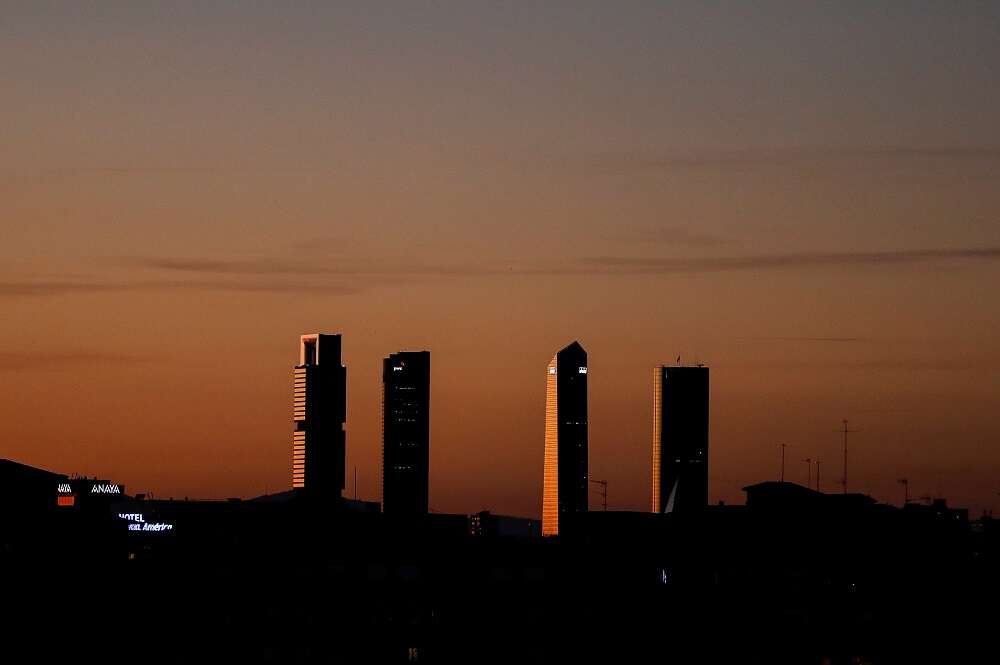
Four-day work week boosts Spanish workers’ health, pilot programme shows
MADRID (Reuters) – Four-day work weeks improved Spanish workers’ health such as by lowering stress while reducing fuel emissions and benefiting children, a pilot programme showed on Tuesday.
The coastal city of Valencia – Spain’s third-largest with more than 800,000 inhabitants – scheduled local holidays to fall on four consecutive Mondays between April 10 and May 7 this year. The project affected 360,000 workers.
Many participants used the long weekends to develop healthier habits such as practicing sport, resting and eating homemade food, according to an independent commission of health and social science experts that evaluated the programme.
The data showed an improvement in self-perceived health status, lower stress levels and better feelings regarding tiredness, happiness, mood and personal satisfaction, it added.
A drop in the use of motor vehicles led to better air quality on the four Mondays during the programme’s period, as less nitrogen dioxide was emitted, according to the city’s daily emissions measurements.
However, smokers and drinkers increased their overall use of tobacco and alcohol, it added.
A high percentage of those surveyed said they were more likely to read, study, watch films and pursue hobbies like photography, music or painting, the commission said. It did not specify the percentage.
Children benefited the most, thanks to improved work-life balance enjoyed by their parents, the commission found.
While the hospitality and tourism sectors served more customers during extended weekends, retailers reported a decrease in sales and emergency medical services may have been overextended as more healthcare workers took time off, the report said.
The project was designed by the left-wing Compromis coalition of progressive, green and regionalist parties, which ruled the city at the time.
Last year, the Spanish government launched a similar two-year project focused on small and medium-sized industrial companies nationwide.
($1 = 0.9451 euros)
(Reporting by David Latona; Editing by Andrei Khalip and Rod Nickel)


